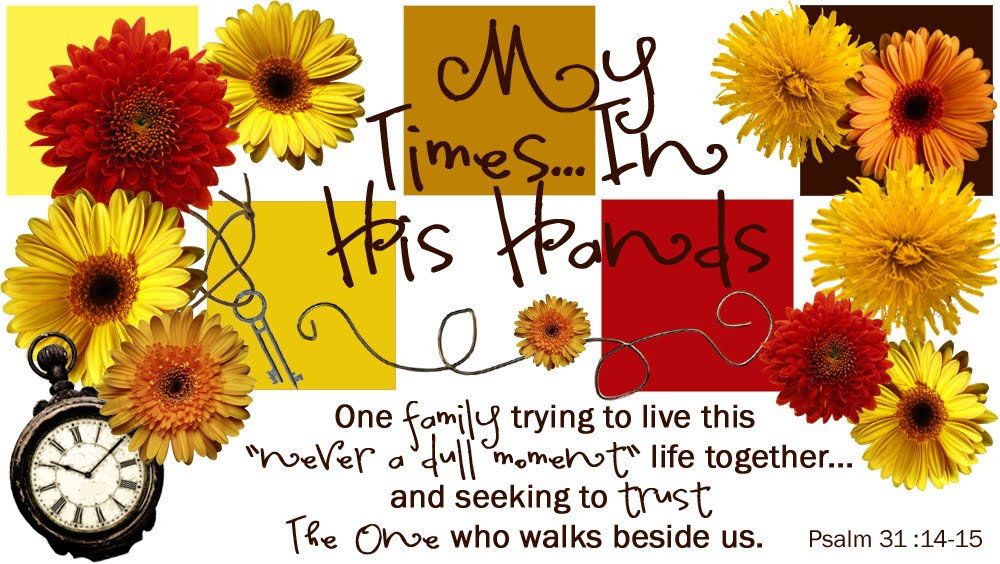I want to share some of his thoughts on Job. He addresses the questions about how Job is able to maintain his sanity and his faith through all the trials. Card says,
“By what means is he able to hold on to his hope, to his God, while the first notes of the song of this impossible completed equation begin to resonate? The answer: by means of the counterpoint of another song, the song of lament. Lament keeps the door open, keeps Job on the dance floor with God till the music is over, until the two tunes are resolved.”The dissonance of the two converging “songs” comes from the contradiction between two different ways of thinking. Israel had this equation about how the world worked. If they kept the Torah then God would bless them, and conversely, if they broke His laws then God must punish them. Yet, at some point in history, questions arose in which this formula had no answers…i.e. Job. Even though he had been “righteous” he still suffered loss and illness. There is no simple equation like this to live by. If anybody should prosper from this equation, after all, it should be Job! Michael Card poses that idea that
“God was preparing His people for a deeper understanding of Himself and His hesed. (lovingkindness) Though they had consistently broken the covenant, God nonetheless remained faithful and loving…The reason to love [God] is not found on the other side of the equal sign of the equation. It is found in the inequitable, untranslatable hesed. Without the pain, Job might have never realized either the depth nor the dimension of this kind of relationship with God.”
Job’s “frustrated outpouring allows him to stay in the ring while everyone on the sidelines shouts at him to throw in the towel. By the end of the book, I always imagine Job and God standing with their arms around each other like a couple of weary boxers. Job’s jaw is swollen. One of his eyes is black. He must keep one arm around his Opponent in order to remain upright. But he has a grin on his bloody face that comes from the knowledge that it was never about winning the fight. It had absolutely nothing to do with being right. It was always, only about being faithful. Job has survived the prescribed number of bouts. He has finished his race. His reward? Does he get his children back? No, he gets God back.”Card then shares about Job’s response to each of his losses. He points out verse 20 of chapter 1. Job physically made the motions of mourning, tearing his rob and shaving his head. But...
“what he does next, however, is totally unexpected, even unimaginable. What he does…seems unthinkable, almost impossible.STAY WITH ME…I know this post is long, but THERE’S MORE GOOD STUFF…
‘Then he fell to the ground in worship.’
Job is the sort of man who will simply not let go of God. To him, this is what worship means. He will stubbornly cry out in the groaning of this lament, which is worship, until God answers…Job stubbornly insists on maintaining the dialogue with the God who, for a while longer, remains infuriatingly silent. He continues to offer up to Him all his suffering, his suicidal groaning, his confusion and hurt, even his own deep disappointment with God. He has come to the desperate understanding that there is no other place to take them but to God.”
“Today we would ask Job to leave all these negative emotions at the church door. They are not appropriate to nor do they fit inside the narrow confines of our definition of worship. And so, likewise, those of us who have nothing else to offer but our laments find the door effectively closed in our faces. It cost Job everything to teach us this lesson. It is time we learned it.I guess what I’m realizing is that what I thought was a lack of faith and trust in God (my emotions of disappointment, betrayal, and anger directed at God, who chose not to ACT when he could have saved my babies) really isn't. It is more like a boxing match. I can duke it out, while leaning on Him to keep from falling, and when I’m weary and exhausted from the fight…I’m still standing before the prize. So, I go back to Card’s earlier point… “God was preparing His people [You and Me] for a deeper understanding of Himself and His hesed. (lovingkindness) Though they [You and Me] had consistently broken the covenant, God nonetheless remained faithful and loving…The reason to love [God] is not found on the other side of the equal sign of the equation. It is found in the inequitable, untranslatable hesed. Without the pain, Job [You and Me] might have never realized either the depth nor the dimension of this kind of relationship with God.”
Worship is not only about good feelings, joy, and prosperity, though they are at the heart of it. While Jesus would pronounce a blessing on those who mourn we pronounce this curse. Those who ‘labor and are heavy laden’ can find no place in our comfortable churches to lay their burdens. We reason, ‘Who could possibly conceive of a God who would want to receive such worthless empty offerings?’ But Job desperately clings to such a God, one who encourages us to offer everything to Him, every joy and every sorrow. All our broken hearts. All our contrite spirits. Because He is worth it.”
So, I'm Learning...
to pour out my hurts,
my frustrations,
my brokenness,
and my disappointments before God as an offering...
He is the God who can and will...
make all things new, (Rev. 21:5)
give me a new song to sing, (Ps 40:3)
and who will give joy in the morning. (Ps 30:5b)


















